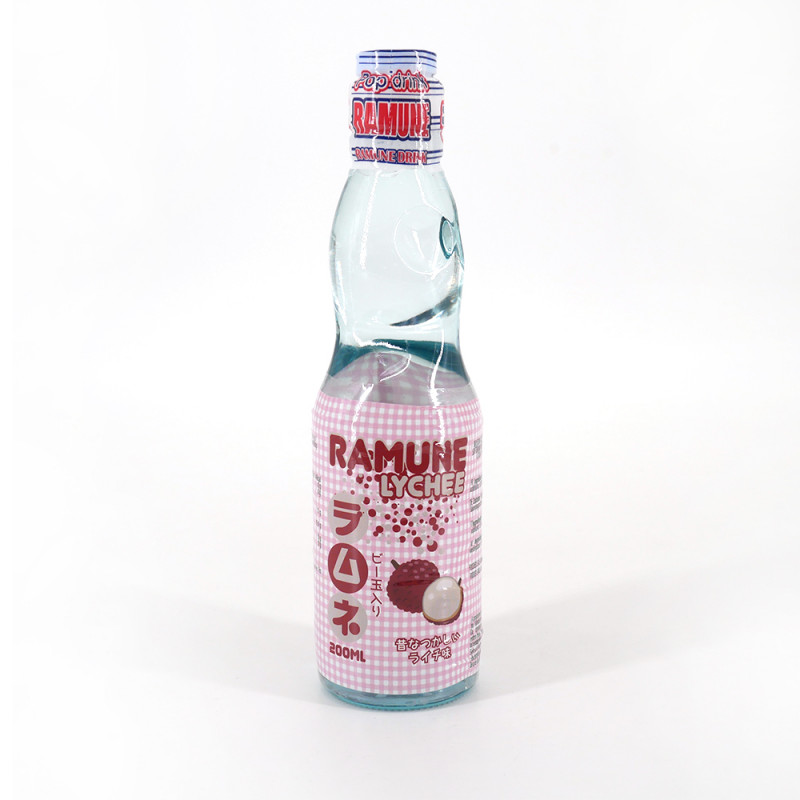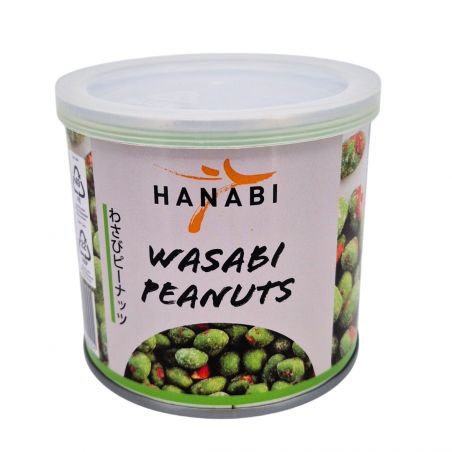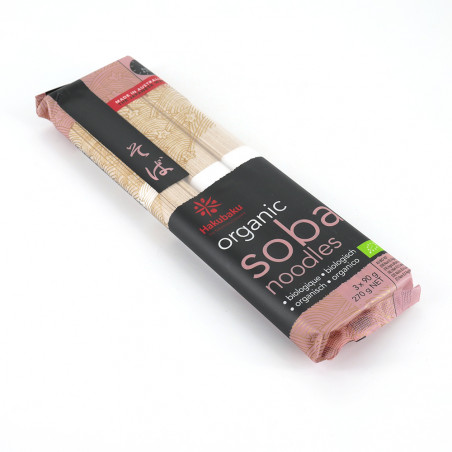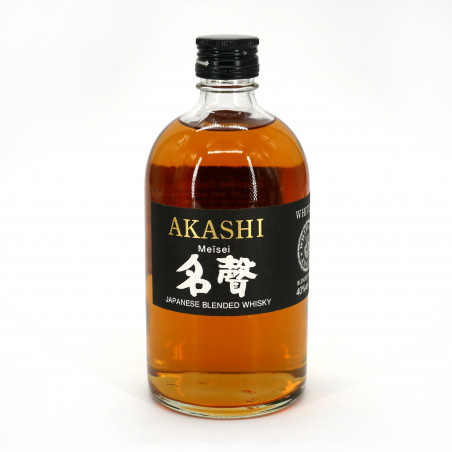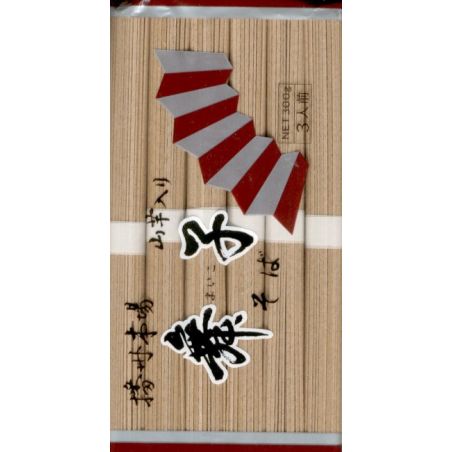
Secure payment
Payment by credit card, check and bank transfer.
Sending around the world
Shipment anywhere in the world and in the European Union without customs duties.
Satisfied or refunded
You have 14 days to return your order without reason.
Japanese lemonade Ramune lychee taste - RAMUNE LITCHI 200ML
Japanese lemonade Ramune lychee taste - RAMUNE LITCHI 200ML
Brand
DELIVERY AND RETURNS
Delivery delay :
1 to 3 working days for France, Belgium and Switzerland.
3-5 working days for other countries in Germany, Italy, Spain, United Kingdom, Netherlands, Denmark and Austria
3-5 business days for other countries via DHL
This item is shipped from our warehouse in France.
You can return or exchange an item within 14 days of receiving your order. For more information, see our Return Policy
Technical Data
| Capacity | 200ml |
|---|---|
| Product origin | made in Japan |
| Energy | 187 KJ / 44 Kcal |
| Fat | 0 g |
| Carbohydrates | 11 g |
| wich Sugars | 9.4 g |
| Protein | 0 g |
| Salt | 0 g |
| Retention | Store away from the sun in a cool, dry place. |
Read more
Japanese lemonade Ramune lychee taste - RAMUNE LITCHI 200ML
Ingredients: Water, fructose-glucose syrup, acidifiers E330 and E296, flavor.
~
Ramune (ラ ム ネ) is a carbonated soft drink sold in Japan since 1872, and produced by the Japanese beverage company Sangaria (サ ン ガ リ ア). Ramune is a phonetic distortion of the English "Lemonade".
These bottles are made of glass and are sealed with a ball of the same material. This ball clogs the bottle thanks to the pressure exerted by the carbon dioxide contained in the drink. To open it, a utensil is provided to push the ball inside which will click when the drink is poured. Two recesses in the bottle are used to help the drinker drink without being bothered by the ball thus retained.
A little training is necessary to master the blocking of the ball which allows drinking without having to stop to let it fall. Ramune is one of the modern symbols of summers in the land of the rising sun, where it is generally consumed during the festivals of this season on particularly hot days and nights. Once emptied, the bottles are often returned to traders for recycling.
seen recently
also available
TRUSTED SHOP CUSTOMER REVIEWS

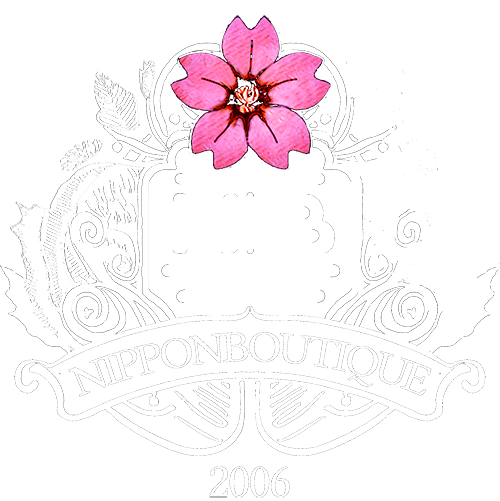
.jpg)

















































































